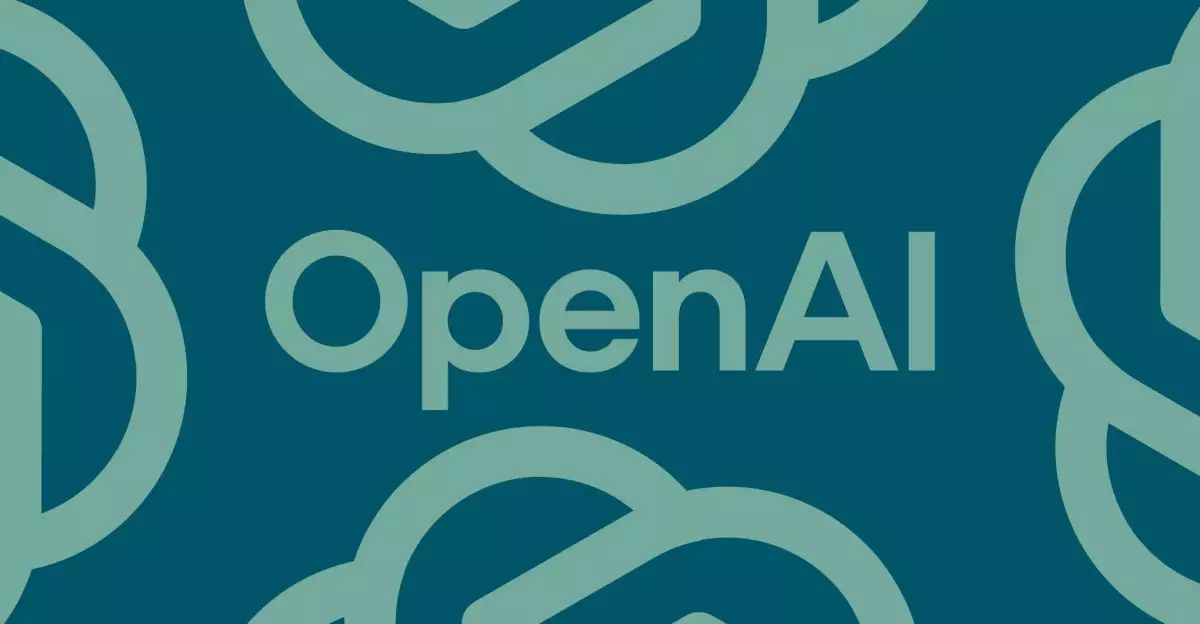The ongoing legal tumult between Elon Musk and OpenAI marks a significant moment in the tech industry, shedding light on the controversial dynamics of power, innovation, and ethical responsibility in artificial intelligence development. At its core, the conflict pits Musk, a co-founder of OpenAI, against an organization he believes is straying too far from its mission of advancing artificial general intelligence (AGI) for the common good. As tensions escalate, Musk has accused OpenAI of perpetuating a profit-driven agenda, while OpenAI has mounted a fierce defense against what it calls Musk’s “bad-faith tactics” designed to undermine their progress.
Legal Maneuvers and Accusations
The most recent countersuit from OpenAI accuses Musk of orchestrating a series of disruptive actions aimed at derailing the company’s vision. Accusations range from deceptive takeover proposals to broader attacks on the company’s reputation. OpenAI’s lawyers have expressed a clear demand for legal recourse, asserting that Musk’s actions are not just aggressive but unlawful. This sets a precedent that could alter the trajectory of AI governance and protect innovations from opportunistic maneuvers by individuals with considerable influence and resources.
Furthermore, the surreal nature of Musk’s legal battles raises questions about commitment to ethics in technology. His approach appears to reflect a dual narrative: one where he seeks to guide AI development to address humanity’s needs while simultaneously engaging in tactics that could harm those very innovations. Critics, including notable figures within the tech journalism sphere, have described Musk’s lawsuit as “hilariously bad,” reinforcing the perception that it lacks substantial grounding in legal or ethical merit. The absurdity of this takes a toll not only on legal resources but also on the public’s faith in tech leaders’ intentions.
The Bigger Picture: Implications for AI Governance
This high-stakes drama underscores the growing need for clear ethical frameworks and governance in the AI landscape. As tech giants race to dominate the sector, the very essence of advanced technology risks being overshadowed by personal ambitions and corporate interests. The outcome of Musk’s accusations and OpenAI’s defense could set pivotal precedents for how AI organizations are scrutinized in the future.
Moreover, this struggle exemplifies a clash of visions: on one hand, Musk’s determination for a humane approach to AI development resonates with many, yet on the other hand, his tactics may invoke a sense of distrust. OpenAI’s stance does not merely defend its operations but also champions a collaborative and thoughtful approach to innovation. It serves as a crucial reminder that the future of AI should not be a battleground for egos.
Looking Ahead: The Future of AI Development
As the case inches closer to its 2026 trial date, stakeholders in the tech community are left with much to ponder. Will this legal saga culminate in a more regulated framework for AI companies? Can we trust the intentions of influential figures like Musk to prioritize the common good over personal interests? With these questions lingering, the necessity for robust dialogue around ethical AI development has never been more pressing. The stakes continue to rise not just for the parties involved but for the entire landscape of artificial intelligence and the role it will play in society.

